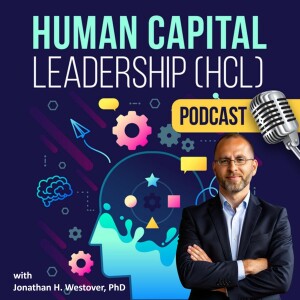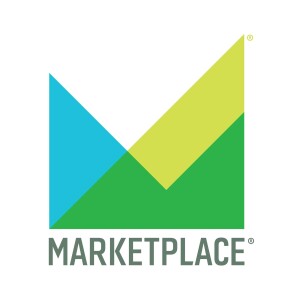The conversation then shifted to AI’s role in digital banking. It’s certainly a major topic of conversation, with many banks considering how it will play a role. Navickas highlighted that when myTU started, advanced AI models weren’t as readily available as they are today. Initially, automation was achieved through traditional coding methods, identifying and optimizing processes like transaction categorization and multilingual customer support. However, with the advent of models like OpenAI’s ChatGPT, myTU was able to significantly enhance fraud detection, transaction analysis, and customer communication. AI’s ability to make nuanced, context-aware assessments—rather than relying on rigid rule-based systems—has greatly improved fraud prevention by identifying suspicious patterns and anomalies in invoices, pricing, and transaction behavior.
AI has enabled a real shift in the way they do things, allowing teams to focus on reviewing and refining AI-driven decisions rather than making every decision manually. However, he cautioned that AI without proper oversight can be overly aggressive in flagging transactions, requiring careful prompt engineering and fine-tuning to balance security with usability.
Extremely efficient bankingOne of the most striking aspects of myTU’s model is its extreme efficiency. With a customer base of 50,000, the company maintains a cloud infrastructure cost of just $1,000 per month. Navickas attributed this to their commitment to lean architecture and in-house development, avoiding unnecessary reliance on third-party services. Unlike many startups that rapidly scale their teams and software dependencies, myTU follows a philosophy of building efficient, sustainable technology, inspired by earlier software development practices that prioritized minimal resource consumption.
While myTU keeps some services in-house, such as customer support and software development, certain tasks like card printing are outsourced due to high security and regulatory requirements. However, their overall philosophy remains one of in-house efficiency, allowing them to operate with just 25 employees, including a development team of only five people.
The discussion continues with thoughts on the impact of APIs, and myTU’s vision for scaling in Europe (and the challenges they might face there). Be sure to catch the full interview above, and watch more of our Virtual Arena interviews, right here on our website.













